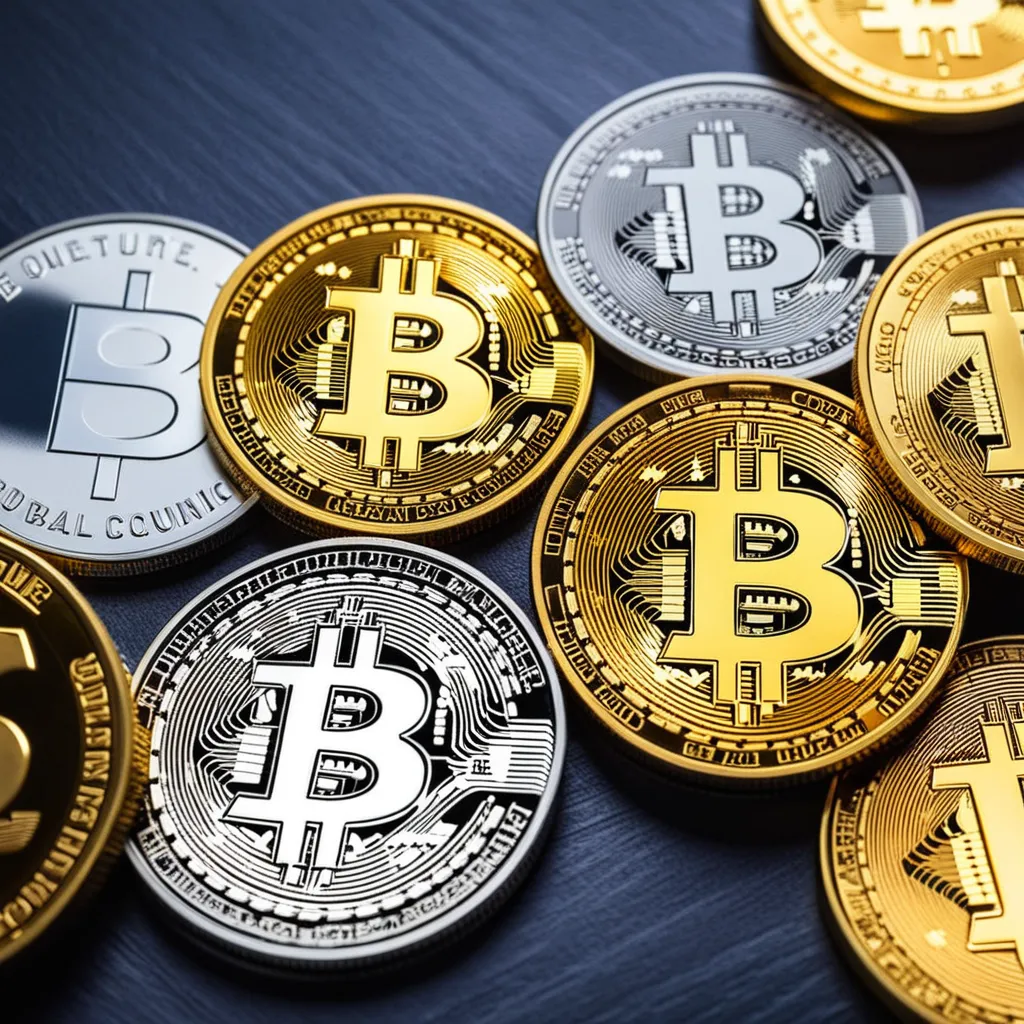The Emergence of Digital Currencies: A Global Economic Shift
In the not-so-distant past, the concept of digital currencies was met with skepticism and uncertainty. However, in recent years, digital currencies like Bitcoin have emerged from the shadows and are making a significant impact on the global economic landscape. In this article, we'll explore the rise of digital currencies and their potential to reshape the world of finance.

The Genesis of Digital Currencies
1. Bitcoin and Satoshi Nakamoto
The digital currency revolution began in 2009 when an anonymous person or group of people using the pseudonym Satoshi Nakamoto introduced Bitcoin. It was a radical departure from traditional currencies, relying on a decentralized ledger technology called blockchain.
Personal Insight: I vividly remember the first time I heard about Bitcoin from a tech-savvy friend. We both dismissed it as a fascinating experiment but doubted its practicality.
2. Blockchain Technology
At the heart of digital currencies lies blockchain technology, a distributed and tamper-proof ledger. It records every transaction across a network of computers, ensuring transparency and security.
Personal Insight: I once attended a blockchain conference where industry experts highlighted the potential of this technology beyond cryptocurrencies. Supply chain management, voting systems, and even art provenance could be revolutionized.
The Changing Face of Finance
1. Decentralization
One of the most significant shifts brought about by digital currencies is decentralization. Traditional currencies are controlled by central banks and governments, while digital currencies operate on a peer-to-peer network.
Personal Insight: A family member living in a country with economic instability shared how Bitcoin allowed them to preserve their savings when the local currency was in freefall.
2. Financial Inclusion
Digital currencies have the potential to bridge the gap for the unbanked and underbanked populations around the world. All that's needed is a smartphone and internet access to participate in the global economy.
Personal Insight: During a trip to a rural village, I met a farmer who used a digital currency wallet to receive payments for his crops. It was empowering to witness how technology was improving his livelihood.
Challenges and Concerns
1. Regulatory Uncertainty
Governments and regulatory bodies are still grappling with how to classify and regulate digital currencies. The lack of a standardized approach creates uncertainty for businesses and investors.
Personal Insight: I once interviewed a cryptocurrency entrepreneur who shared the challenges of navigating the complex regulatory landscape. It was a reminder of the need for clear guidelines.
2. Volatility
The value of digital currencies can be extremely volatile. While this volatility has led to significant gains for some, it also presents risks for investors and businesses.
Personal Insight: A colleague who invested in digital currencies experienced the thrill of rapid gains, but also the anxiety of sudden price crashes. It reinforced the need for caution.
The Future of Finance
As digital currencies continue to gain prominence, they are pushing traditional financial institutions to adapt and innovate. Central banks are exploring the creation of digital versions of their currencies, and established financial firms are investing in blockchain technology.
Personal Insight: Attending a fintech conference, I was struck by the sense of excitement and urgency among financial professionals to understand and embrace digital currencies.
Conclusion
The emergence of digital currencies is undeniably reshaping the global economic landscape. While challenges and uncertainties persist, there is a growing sense that digital currencies are here to stay. As they continue to evolve, they have the potential to democratize finance, increase financial inclusion, and challenge traditional financial systems in ways we are only beginning to comprehend.<

No comments:
Post a Comment